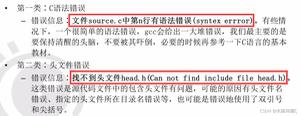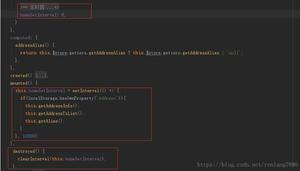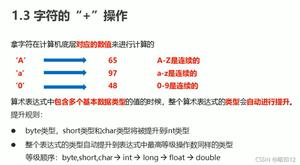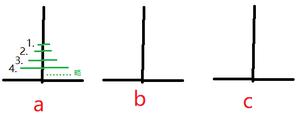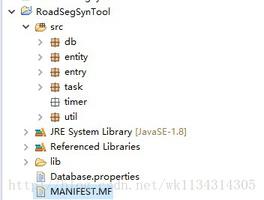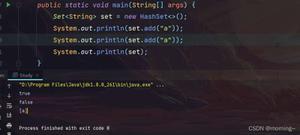如何在Java 9的JShell中实现Set接口?
一组 是在Java中的接口,用于指定具有收藏合同独特的元素。如果object1.equals(object2)返回true,则Object1和object2中只有一个在Set实现中具有位置。
片段1
jshell> Set<String> set = Set.of("Adithya", "Chaitanya", "Jai");set ==> [Jai, Adithya, Chaitanya]
jshell> set.add("Adithya");
| java.lang.UnsupportedOperationException thrown:
jshell> Set<String> hashSet = new HashSet<>(set);
hashSet ==> [Chaitanya, Jai, Adithya]
jshell> hashSet.add("Adithya");
$8 ==> false
jshell> hashSet
hashSet ==> [Chaitanya, Jai, Adithya]
在下面的代码片段中,我们必须实现HashSet ,其中的元素既不按插入顺序存储也不按排序顺序存储。
片段3
jshell> Set<Integer> numbers1 = new LinkedHashSet<>();numbers1 ==> []
jshell> numbers1.add(12345);
$17 ==> true
jshell> numbers1.add(1234);
$18 ==> true
jshell> numbers1.add(123);
$19 ==> true
jshell> numbers1.add(12);
$20 ==> true
jshell> numbers1
numbers1 ==> [12345, 1234, 123, 12]
jshell> numbers1.add(123456);
$22 ==> true
jshell> numbers1
numbers1 ==> [12345, 1234, 123, 12, 123456]
我n个下面的代码片段中,我们必须实现TreeSet中 的哪些元素存储在排序顺序。
片段4
jshell> Set<Integer> numbers2 = new TreeSet<>();numbers2 ==> []
jshell> numbers2.add(12345);
$25 ==> true
jshell> numbers2.add(1234);
$26 ==> true
jshell> numbers2.add(123);
$27 ==> true
jshell> numbers2.add(12);
$28 ==> true
jshell> numbers2
numbers2 ==> [12, 123, 1234, 12345]
jshell> numbers2.add(123456);
$30 ==> true
jshell> numbers2
numbers2 ==> [12, 123, 1234, 12345, 123456]
以上是 如何在Java 9的JShell中实现Set接口? 的全部内容, 来源链接: utcz.com/z/330978.html


